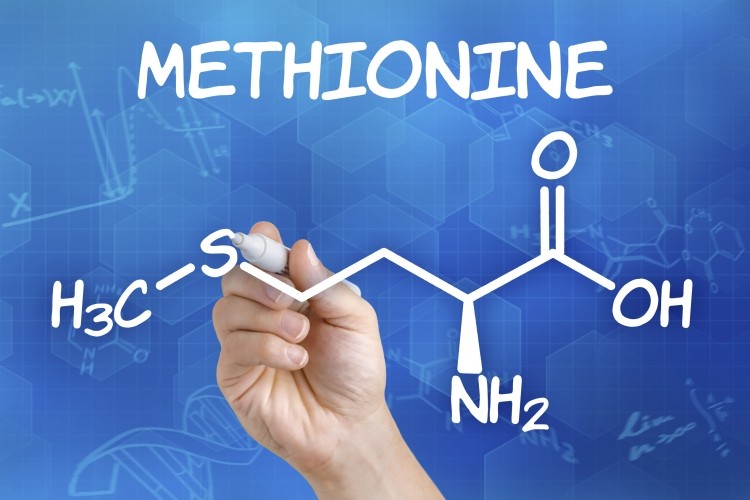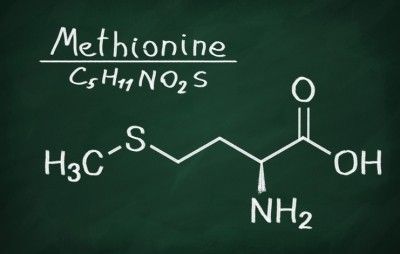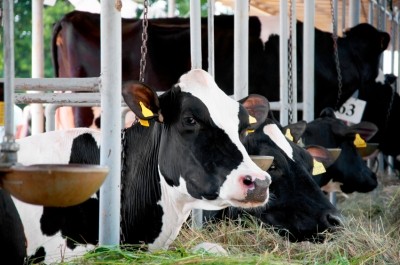Novus looks to increase methionine production by 120KT

The Missouri-based company is in process of building a new methionine plant along the coast of the Gulf of Mexico, said Jeff Klopfenstein, president of the methionine business unit at Novus. The multi-year project is currently on target to be completed in 2020.
“We’re really enthused about how things are going,” he told FeedNavigator. “We’ve ordered our first pieces of long-lead time equipment this week [and] we’re looking forward to being able to announce a location in early fall.”
Methionine market
The need for methionine is increasing by about 5-6% a year, faster than both the global population and meat consumption, said Klopfenstein, as countries like Nigeria, India and China build new, larger capacity feed mills and more producers start to use scientifically-formatted feed.
“We expect that favorable growth rate to continue through the next 15 years,” he said.
Need for the methionine hydroxyl analog (HMTBa) supplement is increasing for producers as they switch to that more specialized feed in several sectors including the poultry, layer, swine and dairy markets, he said. Also, more methionine is being added to feed as results from its use are better understood.
“Those are the ones who are building more feed mills and processing plants all around the world and they ask if we’re going to grow with them,” he said. “This is our answer – ‘We’re there and we’ll grow with you.’”
The company currently manufactures about 320KT of Alimet, the HMTBa feed supplement product, said Klopfenstein. The new facility would add 120KT to the annual production.
Previously he has been involved with the building and two expansions of the production capabilities of its plant in Chocolate Bayou, Texas, along with work on other company facilities, he said.
Although there is more room to grow at that site, it was time to add a separate plant to help diversify company manufacturing, he said. “The Chocolate Bayou [site] is already the world’s largest methionine plant,” he added.
“If you look at the next 15 years in the methionine industry there need to be seven of these,” he said of the new facility. “So [if] we see the opportunity to expand Chocolate Bayou again we know exactly how to do it. We don’t have any hesitation of doing that, but at this time, the opportunity to continue to diversity our manufacturing system is there.”
Project details
Ongoing and remaining steps of the construction project include preliminary planning for construction and procurement, setting a potential schedule for future hiring and the eventual move from front-end engineering to detailed design work, said Klopfenstein. “The next public thing will be the announcement of the location, and then we’ll have some first long-lead time equipment and some other pieces of equipment we’ll be ordering this year,” he added.
The company is still in the process of deciding on a specific site, but the new plant will be located along the coast of the Gulf of Mexico, he said. That area was attractive because it has easy access to the raw materials needed for methionine production, energy prices and transportation options both for material and for the product.
“All these goods are coming to the US and there are fewer goods that are being exported from the US, [and] we can take advantage of that with relatively low transport cost to export to Europe and Latin America and in Asia,” he said. “So it’s just a great place to do manufacturing.”
The exact size of the facility is not yet being shared, nor is the project’s price, he said. “It’s a huge commitment to the industry,” he added.
Additional steps include moving from front end design to more detailed design work, said Klopfenstein. And the ground breaking for the project has been set for early 2018.
The raw materials used to generate the product have not changed in recent years but the manufacturing process has improved, he said. “If you have the world’s largest methionine plant, which we do, it’s very labor efficient – it’s highly automated and super reliable,” he added.












